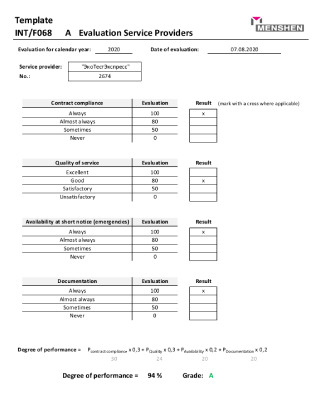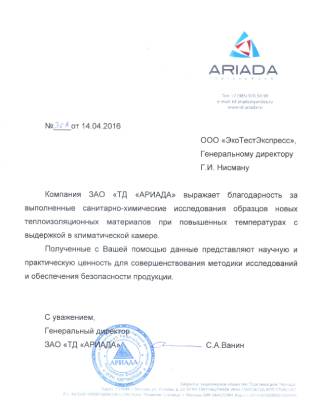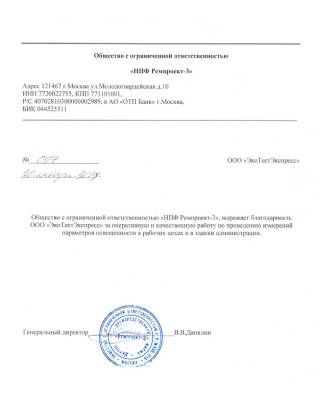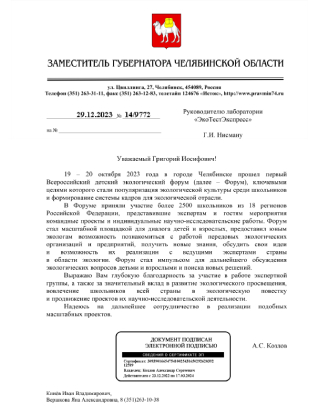- Echoes of Change: A Deep Look into Current Global News and Emerging Trends
- Geopolitical Realignment and Emerging Power Dynamics
- Technological Disruption and the Future of Work
- Climate Change and Environmental Sustainability
- Social and Political Polarization
- Global Health Challenges and Pandemic Preparedness
Echoes of Change: A Deep Look into Current Global News and Emerging Trends
In an increasingly interconnected world, staying informed about current events is more critical than ever. The sheer volume of information available can be overwhelming, making it challenging to discern reliable reporting from misinformation. Understanding the key themes shaping our global landscape requires diligent effort and a commitment to seeking out diverse perspectives. This exploration into current affairs, examining emerging trends, and analyzing their potential impact will begin to unveil the complexities of our time. The constant flow of information, often referred to as the ‘news’, demands a discerning approach to truly grasp the significant shifts occurring across the globe.
The rapid pace of technological advancement, geopolitical shifts, and ever-present social challenges make comprehending the modern world difficult. Global events unfold in real-time, amplified by social media and 24-hour broadcast cycles. This constant stream of updates impacts individuals, businesses, and governments alike, requiring adaptability and informed decision-making. It’s a landscape where nuanced understanding is paramount, and simplistic narratives often fail to capture the full scope of complex issues.
Geopolitical Realignment and Emerging Power Dynamics
The global geopolitical landscape is undergoing a significant realignment, marked by the rise of new economic and military powers. Traditional alliances are being re-evaluated, and new strategic partnerships are emerging. The dynamics between nations like China, Russia, the United States, and India are shifting, creating a multi-polar world order. This transition is not without its tensions, as competition for resources, influence, and technological dominance intensifies. These shifting power dynamics will have profound consequences for international trade, security, and global governance.
One significant development is the increasing assertiveness of China on the global stage. Its economic clout and growing military capabilities challenge the established order, prompting responses from other major powers. The Belt and Road Initiative, for example, extends China’s economic influence across Asia, Africa, and Europe, raising concerns about debt sustainability and potential geopolitical leverage. Simultaneously, Russia is seeking to reassert its influence in its near abroad, as well as in areas of strategic interest globally. These actions necessitate a calibrated response from the international community.
Understanding these competing interests requires a nuanced analysis of historical context, economic drivers, and political motivations. It’s not simply a matter of identifying ‘winners’ and ‘losers,’ but rather recognizing the complex interplay of factors that shape international relations. The ability to navigate this intricate landscape and foster cooperation on shared challenges will be the key to securing a stable and prosperous future.
| United States | High | 90 |
| China | Very High | 75 |
| Russia | Moderate | 70 |
| India | Growing | 65 |
Technological Disruption and the Future of Work
Technological advancements continue to disrupt industries and redefine the nature of work. Automation, artificial intelligence (AI), and machine learning are transforming how goods and services are produced, delivered, and consumed. While these technologies offer the potential for increased efficiency and innovation, they also raise concerns about job displacement and the widening skills gap. Adapting to this changing landscape requires a proactive approach to education, training, and social safety nets.
The rise of AI presents both opportunities and challenges. AI-powered systems are already being used in a wide range of applications, from healthcare and finance to transportation and customer service. The potential benefits are immense, including improved productivity, enhanced decision-making, and the development of new products and services. However, ethical considerations, such as bias in algorithms and the potential for misuse, must be addressed.
Investing in education and training programs that focus on developing skills relevant to the future of work is crucial. This includes STEM (science, technology, engineering, and mathematics) education, as well as skills such as critical thinking, problem-solving, and creativity. Furthermore, exploring innovative social safety nets, such as universal basic income or enhanced unemployment benefits, may be necessary to cushion the impact of job displacement.
- Automation in manufacturing is increasing efficiency.
- AI is enhancing medical diagnostics and treatment.
- Remote work is becoming more prevalent due to technological advancements.
- The need for digital literacy is paramount in the modern workforce.
Climate Change and Environmental Sustainability
Climate change remains one of the most pressing challenges facing humanity. Rising global temperatures, extreme weather events, and sea-level rise threaten ecosystems, economies, and human societies. Addressing climate change requires a concerted global effort to reduce greenhouse gas emissions and transition to a sustainable energy future. The need for international cooperation and innovative solutions is urgent. The evidence for human-caused change is becoming increasingly conclusive, demanding bold action.
The transition to a sustainable energy future involves a shift away from fossil fuels and towards renewable energy sources such as solar, wind, and hydro power. Investing in renewable energy infrastructure, improving energy efficiency, and developing carbon capture technologies are all essential steps. Furthermore, protecting and restoring forests and other natural ecosystems can help to mitigate climate change by absorbing carbon dioxide from the atmosphere.
However, the path to sustainability is not without its obstacles. Political resistance, economic considerations, and technological limitations can hinder progress. Furthermore, the impacts of climate change are often felt disproportionately by vulnerable populations, exacerbating existing inequalities. Addressing these challenges requires a just and equitable transition that ensures that no one is left behind.
- Reduce greenhouse gas emissions through renewable energy.
- Invest in energy efficiency measures.
- Protect and restore forests and ecosystems.
- Develop carbon capture technologies.
Social and Political Polarization
Many societies around the world are experiencing increasing social and political polarization. Deepening divisions based on ideology, identity, and socioeconomic status are undermining social cohesion and making it more difficult to address shared challenges. The spread of misinformation and the rise of echo chambers on social media exacerbate these trends. Bridging these divides requires fostering dialogue, promoting empathy, and strengthening democratic institutions.
The proliferation of misinformation and ‘fake news’ poses a significant threat to informed public discourse. Social media platforms have become breeding grounds for false narratives and conspiracy theories, often amplified by algorithms and bots. Combating misinformation requires media literacy education, fact-checking initiatives, and greater accountability from social media companies.
Strengthening democratic institutions and promoting civic engagement are essential for countering polarization. This includes protecting voting rights, promoting independent journalism, and fostering a culture of respectful dialogue. Investing in education and promoting critical thinking skills can also help to empower citizens to make informed decisions and resist manipulation.
| Social Media Algorithms | Creation of Echo Chambers | Algorithm Transparency and Regulation |
| Misinformation | Erosion of Trust in Institutions | Media Literacy Education and Fact-Checking |
| Economic Inequality | Increased Social Resentment | Progressive Taxation and Social Safety Nets |
Global Health Challenges and Pandemic Preparedness
The COVID-19 pandemic underscored the importance of global health security and the need for preparedness for future pandemics. The rapid spread of the virus, coupled with inadequate public health infrastructure and limited access to vaccines, had devastating consequences for communities around the world. Strengthening global health systems, investing in research and development, and improving international cooperation are essential for preventing and responding to future health emergencies.
The pandemic also revealed significant disparities in healthcare access and quality between countries and within countries. Vulnerable populations, including low-income communities and marginalized groups, were disproportionately affected. Addressing these health inequities requires a commitment to universal health coverage and investments in public health infrastructure.
Investing in scientific research and development is crucial for developing new vaccines, diagnostics, and treatments for emerging infectious diseases. International collaboration is essential for sharing data, coordinating research efforts, and ensuring equitable access to medical countermeasures. Furthermore, strengthening global surveillance systems can help to detect and respond to outbreaks more effectively.



















